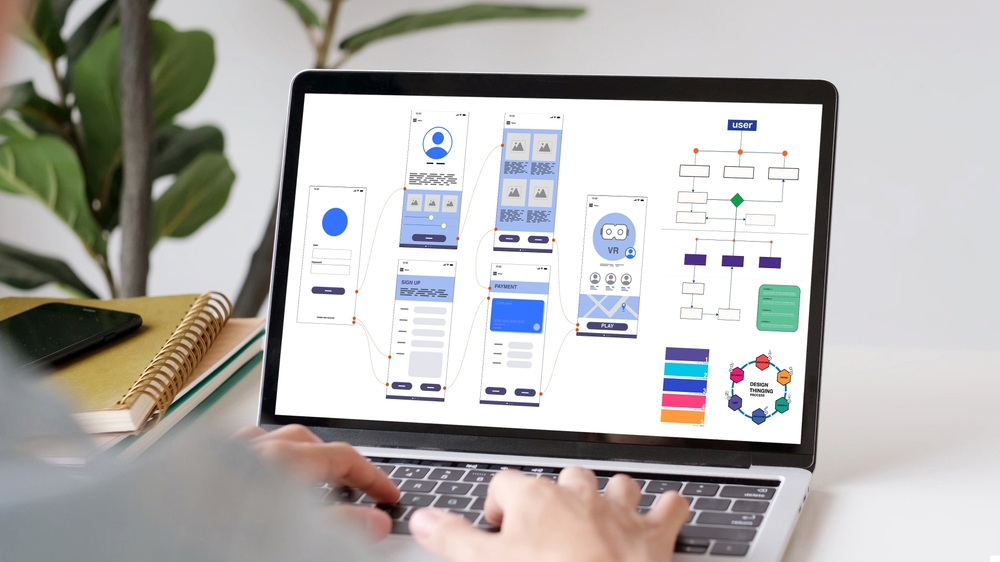
As mobile usage continues to dominate the digital landscape, adopting a mobile-first design approach has become essential for businesses to remain competitive and relevant. This article explores the importance of mobile-first design principles, the tools and trends shaping this approach, and the impact of fast-loading mobile pages on SEO and user experience.
.png/500px-Wikipedia_Vector_2022_skin_(mobile_view).png)
The Significance of Mobile-First Design
1. Dominance of Mobile Usage
Mobile devices have become the primary means of accessing the internet, accounting for over 60% of global internet traffic. Projections indicate that by 2025, there will be 7.33 billion mobile users worldwide. Designing with a mobile-first mindset is crucial to cater to this vast user base.
2. Enhanced User Experience
The mobile-first design ensures websites are optimized for smaller screens before scaling to larger devices. This approach emphasizes:
- Simplicity
- Speed
- Minimalism
These elements are essential for delivering a seamless and engaging user experience on mobile devices.
3. Improved SEO and Visibility
With Google's mobile-first indexing, the mobile version of a site is predominantly used for ranking. Benefits include:
- Better search engine rankings
- Increased visibility and traffic
- Faster load times, which improve user satisfaction and maintain strong SEO performance
Tools and Trends in Mobile-First Design
1. Responsive Web Design
Responsive web design ensures websites adapt seamlessly to various screen sizes and devices. This involves:
- Flexible grids and images
- CSS adjustments based on user devices
2. Voice Search Optimization
The rise of voice assistants has made voice search optimization a vital trend. It enhances:
- Accessibility
- User experience by allowing natural interactions with websites
3. Fast-Loading Pages
Page speed is critical for both mobile SEO and user retention. Tools like AMP (Accelerated Mobile Pages) ensure faster loading times on mobile screens, improving overall performance.
4. Minimalistic and Intuitive Design
A clean, minimalistic design:
- Enhances load times
- Simplifies navigation
- Ensures tap-friendly buttons, providing a user-friendly experience
Impact on User Experience and Conversion Rates
1. Reduced Bounce Rates
A well-designed mobile site ensures:
- Easy navigation
- Fast load times
- High-quality content
This reduces bounce rates and keeps users engaged.
2. Increased Conversion Rates
A mobile-friendly site simplifies user interactions, boosting conversions. Prioritizing mobile design creates an engaging user journey that drives:
- Higher customer satisfaction
- Increased loyalty
Conclusion: Embracing Mobile-First Design
In 2024, mobile-first design is a necessity for businesses thriving in a mobile-dominant market. By prioritizing:
- Mobile user experience
- Speed and performance optimization
- The latest tools and trends
Businesses can enhance their digital presence, improve SEO, and achieve higher engagement and conversion rates.
Adopting a mobile-first strategy prepares businesses for future technological advancements and changes in user behavior, ensuring long-term competitiveness.





